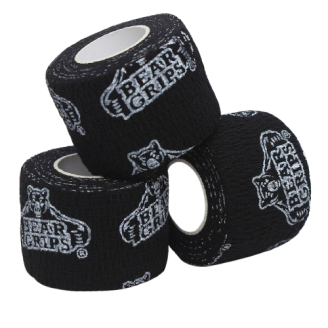CrossFit

Strengthening Your Bones – The Pillars of a Hea...
There has been a misconception about bone health that has led to the lack of concern amongst many people. A majority of people think that bone health is only an...
Strengthening Your Bones – The Pillars of a Hea...
There has been a misconception about bone health that has led to the lack of concern amongst many people. A majority of people think that bone health is only an...

